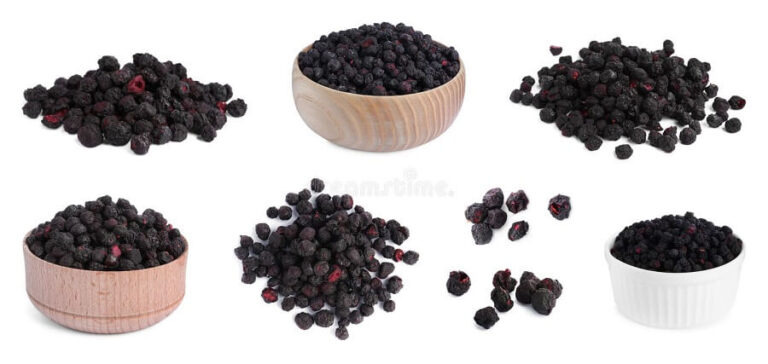The best of coconut oil’s nutritional value: its lipid profile
Coconut oil is one of the best options for cooking oils.
The first characteristic that should be highlighted in the nutritional value of coconut oil is its lipid profile. More than 70-85% of the fatty acids contained in coconut oil are short-chain saturated. (2)
This type of fat is practically impossible to find in natural plant products. The nutrients that make up coconut oil are some of the best healthy plant-based fats.
Coconut oil is more stable at high temperatures than other oils such as palm, sunflower, or soybean oil. In other words, trans fats are less likely to be formed when heated.
It is recommended that the consumption of trans fats be limited to 2% of total calories (1)—something essential for those people who have a tendency to diseases in the cardiovascular system.
Nutritional information of coconut oil (100g)
Below is a table of the nutritional value of 100 g of coconut oil according to the USDA database:
| Energy | Kcal | 892 |
| Protein | g | 0 |
| Total fat | g | 99.06 |
| Carbohydrates | g | 0 |
| Fibers | g | 0 |
| Sugars | g | 0 |
| Minerals | ||
| Football | mg | 1 |
| Iron | mg | 0.05 |
| Magnesium | mg | 0 |
| Phosphorus | mg | 0 |
| Potassium | mg | 0 |
| Sodium | mg | 0 |
| Zinc | mg | 0.02 |
| Vitamins | ||
| C vitamin | mg | 0 |
| Thiamine | mg | 0 |
| Riboflavin | mg | 0 |
| Niacin | mg | 0 |
| Vitamin B6 | mg | 0 |
| Folate | µg | 0 |
| Vitamin B12 | µg | 0 |
| Vitamin A | µg | 0 |
| Vitamin E | mg | 0.11 |
| Vitamin D | IU | 0 |
| Vitamina K | µg | 0.6 |
| Lipids | ||
| Cholesterol | mg | 0 |
Table of the nutritional value of coconut oil (100g). Source
Coconut oil does not provide carbohydrates.
Although it may seem obvious, it is essential to know that coconut oil does not provide carbohydrates. This information is necessary for those who follow a low-carbohydrate diet such as the ketogenic diet.
The fact that its protein content stands out within the nutritional value of coconut oil should also be demystified. 100 g of coconut oil does not provide a single gram of vegetable protein.







